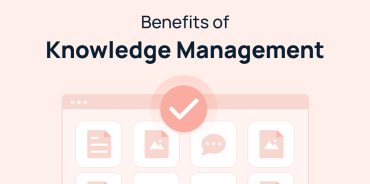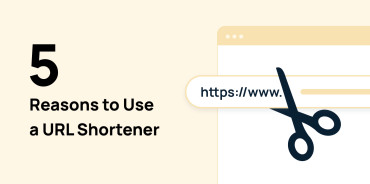Key Takeaways
- Knowledge loss happens when expertise and context leave with departing employees.
- It’s caused by employee turnover, poor documentation, and disconnected systems.
- Prevent it with knowledge transfer plans, real-time documentation, and knowledge management tools.
- GoLinks empowers teams to find, share, and preserve institutional knowledge across every platform.
- By fostering a culture of knowledge sharing, organizations strengthen learning, connection, and continuity.
Understanding Knowledge Loss in Organizations
When an employee leaves your organization, they often take more than their personal belongings — they take valuable experience, insights, and context with them. This silent drain of expertise is known as knowledge loss.
In a fast-moving workplace, employee turnover, team restructuring, and growing digital complexity all amplify the risk of losing institutional knowledge. Without effective knowledge management practices, companies lose more than data — they lose the know-how that powers innovation, collaboration, and growth.
This guide explores what knowledge loss is, why it happens, and how organizations can prevent it by fostering a culture of knowledge sharing supported by the right tools and strategies.

What Is Knowledge Loss?
Knowledge loss occurs when an organization no longer has access to the expertise, information, or processes it once relied on.
Institutional knowledge — the shared intelligence that keeps a company running — includes:
- Customer and product knowledge
- Operational workflows and best practices
- Project histories, decisions, and lessons learned
- Informal team culture and personal insights
When this knowledge isn’t captured or shared, it leaves with each departing employee. Over time, these gaps cause inefficiency, duplicated work, and slower decision-making. The result is a less agile organization that struggles to adapt and innovate.
Common Causes of Knowledge Loss
Understanding why knowledge loss happens is the first step to preventing it. In most organizations, valuable expertise slips away gradually — not all at once. It can stem from turnover, poor documentation, outdated processes, or disconnected technology. When these factors combine, they create knowledge gaps that weaken collaboration and slow productivity.
1. Employee Turnover
When employees leave without a structured knowledge transfer process, they take years of context with them. Their understanding of clients, systems, and relationships can be difficult to replace. New hires often spend weeks or months trying to reconstruct what was once second nature to their predecessors.
2. Poor Documentation Practices
Relying on “tribal knowledge” or scattered files across multiple tools makes information nearly impossible to retrieve. Without standardized documentation and clear ownership, valuable insights vanish. Teams waste hours searching for details that were never properly recorded.
3. Outdated or Obsolete Knowledge
Information that isn’t regularly reviewed and updated loses relevance fast. Outdated workflows, expired training materials, and forgotten process notes create confusion and erode confidence in shared resources. Employees stop using them — and the problem compounds over time.
4. Technology and Integration Gaps
Disconnected platforms and manual processes create silos that trap explicit knowledge — the kind that can be documented and shared. When systems don’t talk to each other, even well-organized information becomes invisible to the people who need it most.
The Impact of Knowledge Loss
The effects of knowledge loss ripple throughout an organization and touch every team:
- Lower productivity: Employees spend valuable time searching for answers instead of doing meaningful work.
- Inconsistent decisions: Without shared context, teams may repeat mistakes or take conflicting actions.
- Higher onboarding costs: New hires take longer to ramp up when past lessons aren’t documented.
- Lost innovation: When institutional memory fades, creativity and problem-solving suffer.
- Reduced employee engagement: Workers grow frustrated when they can’t find the information they need to succeed.
In short, every piece of lost knowledge weakens the foundation that supports collaboration and long-term success.
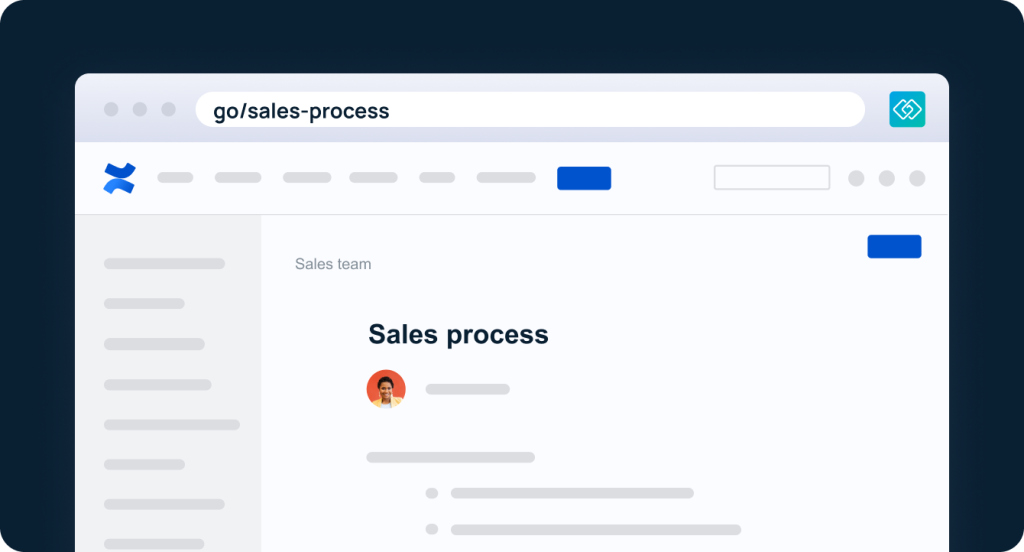
How to Prevent Knowledge Loss
Preventing knowledge loss requires a deliberate mix of process, technology, and culture. The goal is to make knowledge capture and sharing a natural part of how your organization works — not an afterthought.
1. Conduct a Knowledge Risk Assessment
Start by mapping where your critical knowledge lives. Which teams, roles, or systems hold key expertise? Identify the areas most vulnerable to loss if a specific employee were to leave. A clear knowledge map helps prioritize documentation and backup plans.
2. Encourage Real-Time Documentation
Instead of waiting for offboarding, promote “document as you go” habits. Shared templates, internal wikis, and collaborative workspaces make it easy for employees to capture what they learn in real time. When knowledge is documented as part of daily work, it stays accurate, searchable, and current.
3. Build Knowledge Transfer Into Offboarding
When an employee leaves, a formal knowledge transfer process should be part of every exit checklist. Collect project updates, client histories, and best practices before the transition. Pair outgoing employees with team mentors to ensure nothing valuable is lost. Ongoing mentorship programs can also help newer employees absorb lessons from veterans over time.
4. Use Modern Knowledge Management Tools
Strong knowledge management systems bring order to the chaos. They centralize resources, connect data across apps, and make everything searchable from one place. When teams can easily find and update information, they rely less on memory and more on documented, shared intelligence.
These tools also make it easier to maintain explicit knowledge — the policies, playbooks, and procedures that keep work consistent as organizations scale.
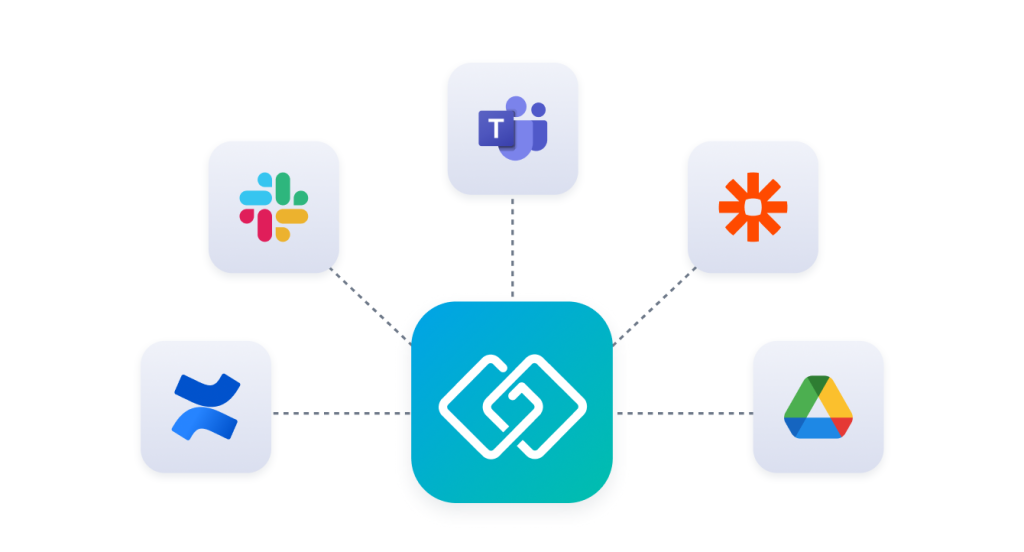
How GoLinks Helps Prevent Knowledge Loss
GoLinks simplifies knowledge sharing by turning company resources into short, memorable URLs — like go/salesdeck or go/onboarding — that anyone can access instantly. This eliminates endless searching through drives, folders, or tabs.
With GoLinks, your teams can:
- Find knowledge faster: Replace complex file paths with one-click access to critical information.
- Keep content accurate: Update GoLinks when resources move or change so employees always get the latest version.
- Break down silos: Connect systems like Google Drive, Confluence, Notion, and Slack through one simple link layer.
- Enable seamless sharing: Bring institutional knowledge into conversations, meetings, and emails effortlessly.
By making information discoverable and accessible, GoLinks prevents knowledge loss before it starts — helping teams stay aligned, efficient, and productive even as the organization evolves.
Fostering a Culture of Knowledge Retention
Preventing knowledge loss isn’t just about technology — it’s about people. A sustainable strategy depends on fostering a culture of knowledge sharing where documentation and mentorship are valued as much as execution.
Encourage teams to collaborate openly, share insights across departments, and recognize employees who contribute to your internal knowledge base. Promote mentorship programs that pass on expertise from experienced team members to newer ones. Over time, these habits strengthen trust and create a workplace where knowledge flows naturally.
When knowledge sharing becomes part of daily behavior, organizations build resilience against employee turnover and constant change. The more employees feel empowered to contribute, the stronger your institutional knowledge becomes.
Ready to Stop Knowledge Loss?
Don’t let valuable insights disappear when an employee leaves.
Start using GoLinks to preserve and share knowledge across your organization — keeping your most critical knowledge accessible to everyone.
Try GoLinks free today and make knowledge retention a natural part of your company culture.
Access and share resources instantly with GoLinks
Try for free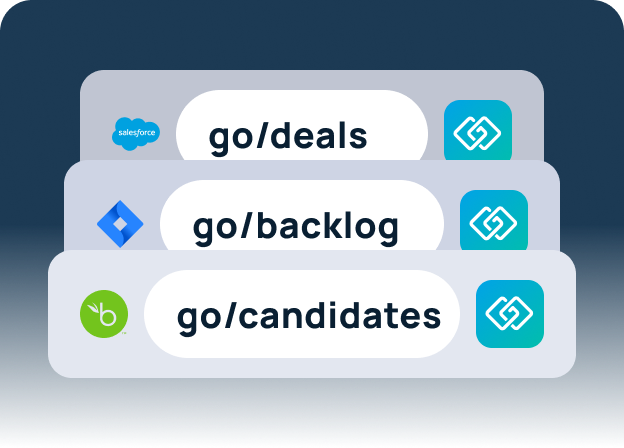
FAQs: Preventing Knowledge Loss
Knowledge loss occurs when vital information and expertise disappear due to employee turnover, poor documentation, or disconnected systems. It often happens when employees leave without transferring their insights or when knowledge remains siloed across multiple tools.
Organizations can prevent knowledge loss by creating structured knowledge transfer programs, maintaining real-time documentation, and investing in knowledge management solutions. Encouraging open communication and fostering a culture of knowledge sharing are equally important.
Explicit knowledge is information that can be documented — such as processes, reports, and manuals. Tacit knowledge is more intuitive and experience-based, like problem-solving techniques or relationship insights. Both must be preserved to reduce institutional knowledge gaps.
Effective knowledge management keeps information organized, searchable, and current. It helps employees find what they need, eliminates duplication, and preserves your company’s collective intelligence — no matter who comes or goes.

